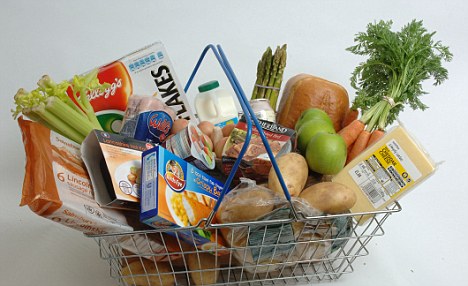The Retail Prices Index (RPI) figures affect business rates liabilities because the Uniform Business Rate (UBR) multipliers are normally increased annually in line with RPI inflation. The September RPI figure is the one that is used to make this adjustment, so business ratepayers will look at this figure with great interest. The figure has been announced today and shows an increase of 2.3%, very slightly down from the 2.4% figure announced in August.
The UBR multiplier for 2014/15 is 47.1 pence for small properties and 48.2 pence for large properties in England and in Scotland and 47.3 pence for all properties in Wales. The September 2014 RPI figure sets the maximum increase that the Minister can make at 2.3%. If Ministers in England, Wales and Scotland were to apply this maximum uplift, then these figures can be expected to increase to 48.2 pence for small properties and 49.3 pence for large properties in England and in Scotland, and 48.4 pence in Wales, for the 2015/16 rate year which commences on 1 April 2015.
These estimates will probably not be confirmed until the Chancellor’s Autumn Statement in December. They assume that there would be no change to the Small Business Rate Relief (SBRR) Supplement in England and in Scotland, which is not capped by any RPI uplift.
There has been much criticism recently of the annual RPI increase in the UBR multipliers. The September 2013 RPI increase was 3.2% but the Chancellor took the decision to cap the UBR increase for 2014/15 at 2% and the devolved governments in Scotland and Wales followed suit.
Under the legislation the RPI increase is the maximum increase allowed in the UBR multiplier. In every year since 1990 (when the current system was introduced) up until 2014/15 the Government has increased the tax rate by the maximum amount allowed under the law – that is to say the RPI increase.
It would be no surprise at all to see an extension of the Small Business Rate Relief scheme included as part of the Autumn Statement announcements. After all there is an election coming next year. Such an increase could lead to an increase in the SBRR Supplement – the difference between the “small” and “large” business UBR multipliers.
Will the Government also feel that it should cap the UBR increase in advance of the election as next year’s rates bills will arrive only a month or so before polling day? A cap at 2%, as was done last year, would not be much of a gesture given that the actual figure is 2.3%. Either way we suspect that it will be politics rather than a rational assessment of the proper level of tax that will drive the decision!

